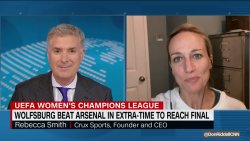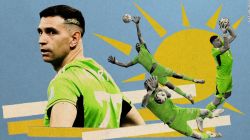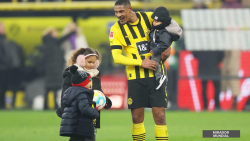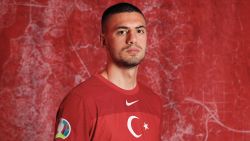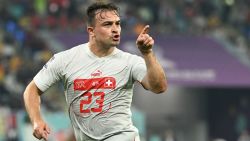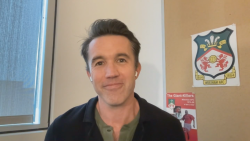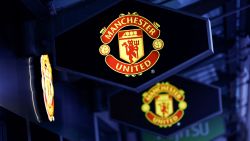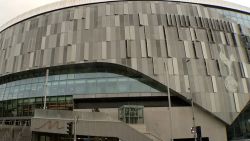One year on from his death, two of Diego Maradona’s former clubs – Barcelona and Boca Juniors – will play a friendly in his honor in Saudi Arabia.
Set to take place at the 25,000-seat capacity Mrsool Park Stadium in the capital city of Riyadh on December 14, the Maradona Cup will pay tribute to the memory of the iconic Argentine, who died from heart failure in November last year at the age of 60.
Widely regarded as one of the greatest players in the game’s history, Maradona signed for Boca in 1981, his first of two spells at the Buenos Aires club.
The diminutive Argentine won the league title before, just before the 1982 World Cup in Spain, departing for Barcelona for a then world-record fee of $7.6 million.
Though injury ravaged his two-year spell with the Catalan club – including hepatitis and a broken ankle – Maradona nonetheless lifted three titles: the Copa del Rey, the Spanish Super Cup and the Spanish League Cup.
READ: Diego Maradona did ‘everything better and bigger, but fell more dangerously and darker’
While he would return to Boca for the final two years of his club career in 1995, it was in Napoli that Maradona would carve his legacy as a bonafide footballing icon.
Welcomed to Naples by a crowd of 70,000 at the Stadio San Paolo, Maradona would be become a deity-like figure across his seven years in the Southern Italian city. Guiding the club to their first ever Serie A title in 1987, he would lead Napoli to their second three years later, as well as winning the Italian Cup and UEFA Cup.
Such is his enduring adoration in the city that, immediately following his death last year, Naples city council officially renamed Napoli’s stadium the Stadio Diego Armando Maradona.
Icon
It was during his time at Napoli that Maradona consolidated his legacy as a global household name, inspiring Argentina to their second World Cup triumph in Mexico in 1986.
Maradona dazzled throughout the tournament, playing every minute, assisting five and scoring six – two of which, against England in the quarterfinal, have since gone down in history for their respective infamy and incredulity.
READ: How Diego Maradona redefined football in the space of less than five minutes
The cunning of the ‘Hand of God’ goal, which saw Maradona punch the ball over goalkeeper Peter Shilton, was swiftly followed up by the sublime skill of the effort since voted ‘Goal of the Century.’ Dancing past a string of England defenders before rounding Shilton, the goal cemented Maradona’s status as a true footballing icon.
His glittering time in football was contrasted by a number of controversies off the pitch. His well-documented addiction, substance abuse, illegitimate children and feuds over money all blighted the Argentinian at various stages throughout his career.
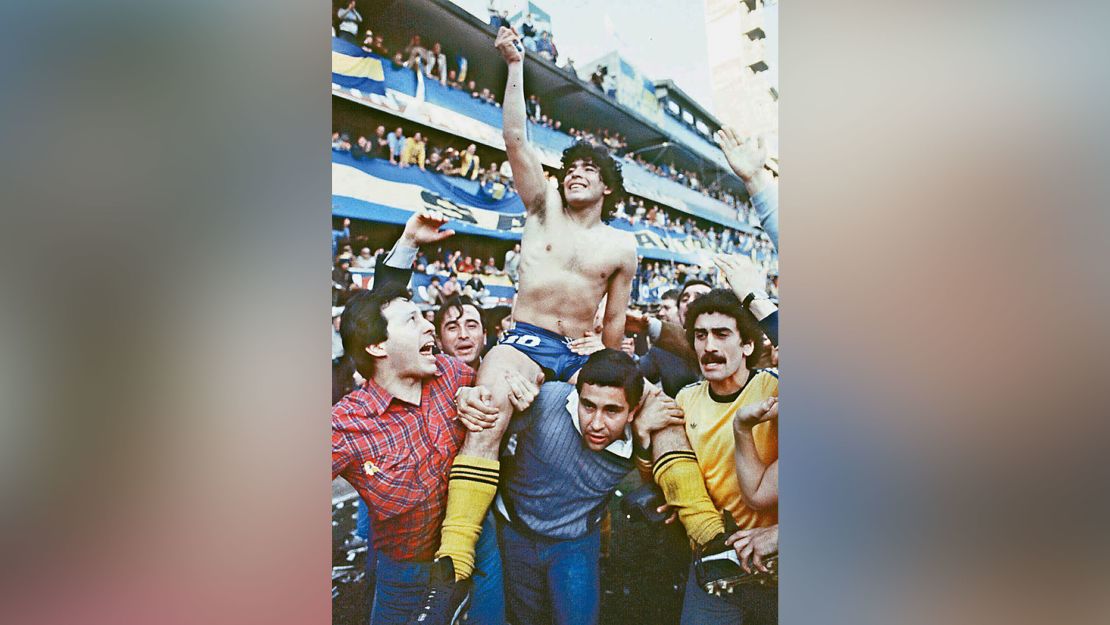
During his time in Italy, he came into contact with the Camorra – the Neapolitan mafia – and struggled with addiction. He failed a drug test in 1991 and received a 15-month ban from the game.
Following his retirement, Maradona’s subsequent nomadic managerial career took him from a chaotic spell in charge of the Argentinian national team to the domestic league in the United Arab Emirates.
His time in charge of Mexican club Dorados, which was documented in the behind-the-scenes Netflix series “Maradona in Mexico,” was surprisingly successful, but ultimately ended with two narrow promotion playoff defeats.
‘Diego is eternal’
In November last year, he underwent successful surgery for a subdural hematoma – more commonly known as a blood clot on the brain – but died later that month, sending a wave of mourning around the football world as tributes rolled in.
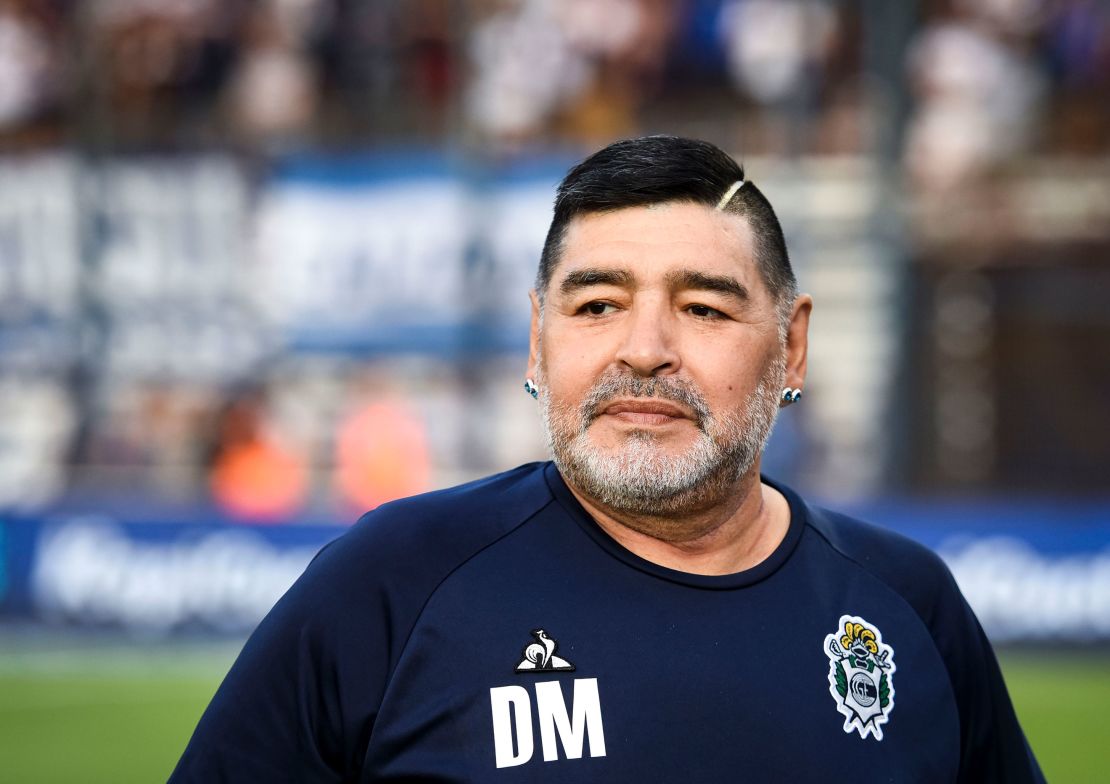
“He leaves us but he doesn’t go anywhere because Diego is eternal,” Lionel Messi, often regarded as the modern day incarnation of Maradona, said on Instagram.
“I keep all the beautiful moments lived with him and I wanted to send my condolences and best wishes to all of his friends and family,” Messi added.
Five months ago, seven medical professionals in Argentina were charged with homicide over Maradona’s death following a damning investigation that declared the medical team had “violated the duties that each one was in charge of” which subsequently “led to the fatal outcome of the patient that, otherwise, could have been avoided,” according to court documents.


